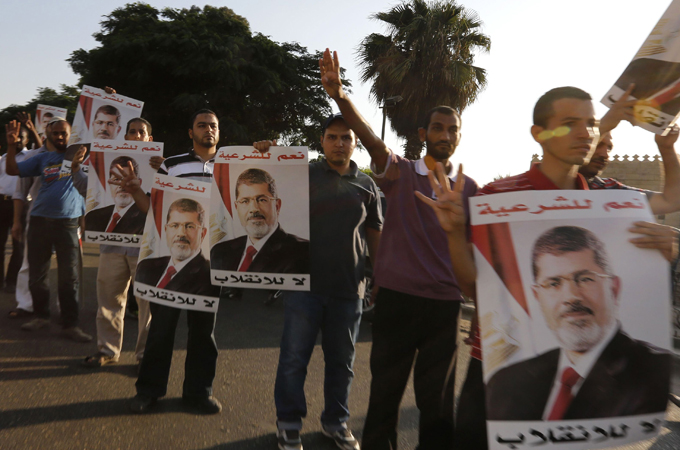By Kathryn Maureen Ryan
Impunity Watch, Middle East
RAMALLAH, West Bank — A Palestinian official told the Associated Press on Wednesday that the Palestinian Authority is frustrated with the progress made so far in its peace talks with Israel, which has proposed to maintain dozens of Jewish Settlement within the West Bank intact and allow the Jewish state to maintain its military bases in the Palestinian territory.

The Palestinian official argued that “Israel is using the issue of security to take land. From the general discussions we had in the last couple of weeks, the Israelis have shown no intention to dismantle any settlement.” He argued that the current proposals indicated that Israel would seek to retain control over about 40% of the West Bank, much more than the 2008 proposal made under Prime Minister Ehud Olmert. In those talks Israel offered a complete withdrawal from roughly 94% of the West Bank, and offered a “land swap” for the remaining 6%.
In a statement made for Rosh Hashanah, the Jewish New Year, which began Wednesday evening, Israeli Prime Minister Benjamin Netanyahu expressed his hope that the ongoing peace talks will be successful. Netanyahu said, “We want a real, genuine and enduring peace and this must be anchored in recognition of Israel as a Jewish state and in our security. This is what ultimately is needed.”
However, Yasser Abed Rabbo, a top aide to Palestinian President Mahmoud Abbas, expressed frustration with the talks in an interview for the Voice of Palestine radio station. He said, “Until now, there are no signs of progress. The Israeli position has not changed. It’s the one that we know on the ground, through daily settlement expansion.” Rabbo said the United States must put pressure on Israel to end the expansion of settlements; he said that without this, “there will be no progress.”
The frustration felt by Palestinians over the progress of the talks so far has resulted in demonstrations in Jerusalem’s Old city, which have led to clashes with police.
On Wednesday, Israeli police arrested seven Palestinian demonstrators in Jerusalem’s Old City after the protesters allegedly threw stones at police officers. Israeli security forces had increased their presence in the area for Rosh Hashanah.
Micky Rosenfeld, a police spokesman, said the clashes erupted after about 300 Palestinian demonstrators attempted to block worshipers from reaching the Temple Mount compound. The site is considered holy to both Jewish and Muslim worshipers. Temple Mount is the holiest site in Judaism. The compound is known to Muslims as the “Noble Sanctuary,” it is Islam’s third-holiest site. The demonstrators were masked and began to throw stones at visitors which prompted police forces to move in.
On Wednesday, the protesters sought refuge from security forces inside Al Aqsa Mosque. The security forces did not enter the mosque that day and no one was injured. However, on Friday Israeli police fired stun grenades to disperse Palestinian worshipers who allegedly threw rocks at police after Friday prayers at the Al Aqsa Mosque compound. According Rosenfeld, two Israeli policemen suffered minor injuries during the incident.
For more information, please see:
Al Jazeera – Israeli Forces Surround Al-Aqsa Mosque – 6 September 2013
Al Jazeera – Israeli Police Clash with Palestinians – 6 September 2013
Reuters – Israeli Police, Palestinians Clash At Jerusalem Holy Site – 6 September 2013
Boston Harold – AP EXCLUSIVE: Israeli Proposal Detailed In Talks – 4 September 2013
Washington Post – AP EXCLUSIVE: Palestinian Says Israeli Peace Talk Offer Sees Settlements, Bases in West Bank – 4 September 2013



